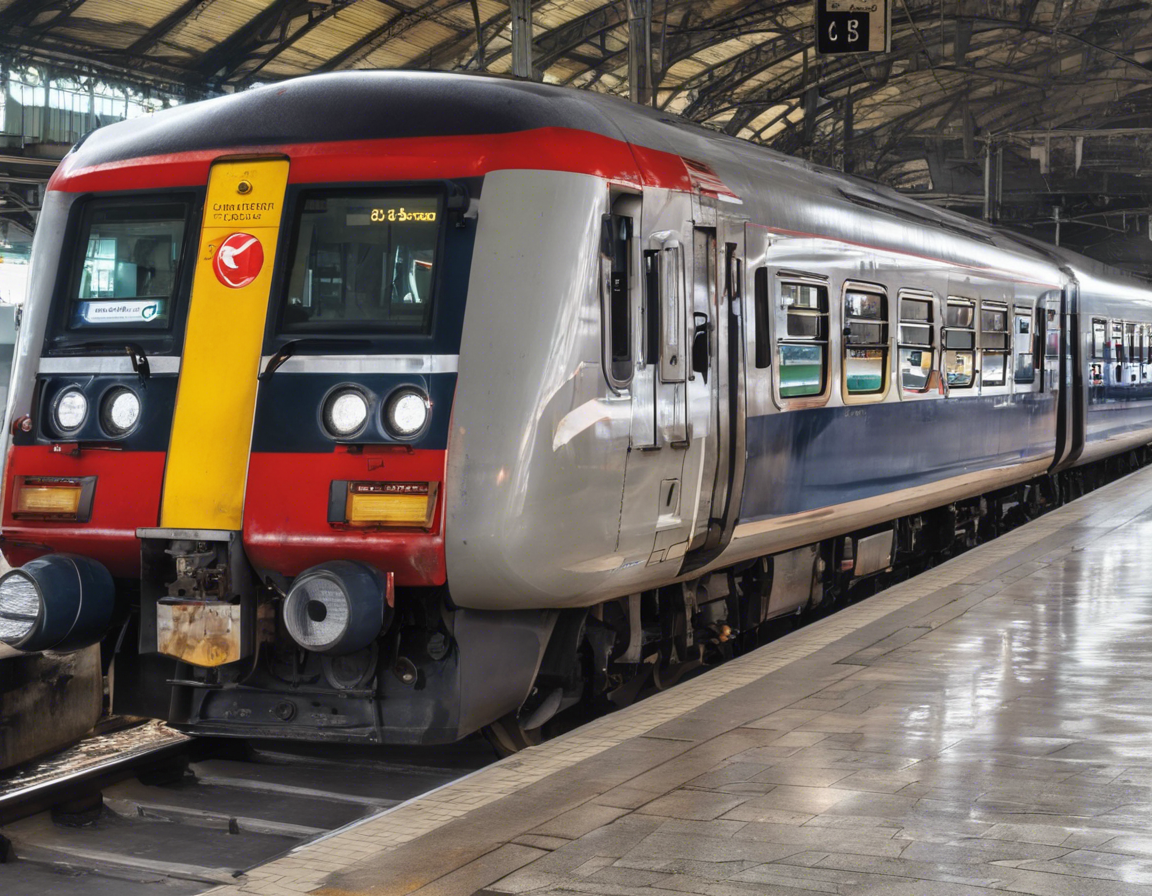Train travel is a popular and convenient mode of transportation for millions of people worldwide. However, passengers may occasionally encounter situations that result in their need to cancel their train reservations. Whether it’s due to unforeseen circumstances, changes in travel plans, or emergencies, cancellations are sometimes unavoidable. Understanding train cancellation charges and the associated policies can help passengers navigate this process with ease. In this guide, we will delve into the details of train cancellation charges, including how they are calculated, when they are applicable, and tips to avoid them.
How Train Cancellation Charges Work
When a passenger cancels a train ticket, the railway authorities often levy a cancellation charge. The amount of this charge can vary depending on various factors, such as the timing of the cancellation, the class of travel, and the type of ticket purchased. It is essential for passengers to familiarize themselves with the cancellation policies of the specific railway company or service provider they are using to avoid any surprises.
Factors Influencing Cancellation Charges
1. Timing of the Cancellation:
- Cancellation charges are typically higher if the cancellation is done closer to the date of travel.
- Many railway companies have a tiered system where the cancellation charges increase as the departure date approaches.
2. Type of Ticket:
- The type of ticket purchased can also impact the cancellation charges.
- Flexible tickets often come with lower cancellation charges or may even be fully refundable, while discounted or promotional tickets might have higher cancellation fees.
3. Class of Travel:
- The class of travel, such as first class or second class, can influence the cancellation charges.
- Higher classes of travel may have higher cancellation fees compared to lower classes.
Calculation of Cancellation Charges
Cancellation charges are typically calculated as a percentage of the total fare paid for the ticket. The exact percentage can vary between railway companies and ticket types. Passengers should refer to the terms and conditions of their ticket or contact customer service for specific information regarding cancellation charges.
Tips to Avoid High Cancellation Charges
While cancellations are sometimes unavoidable, there are steps passengers can take to minimize or avoid high cancellation charges:
1. Opt for Flexible Tickets:
- If your travel plans are uncertain or likely to change, consider purchasing flexible tickets that offer lower cancellation charges or full refunds.
2. Cancel Early:
- Whenever possible, try to cancel your ticket well in advance of the travel date to avoid higher cancellation charges.
3. Check the Terms and Conditions:
- Familiarize yourself with the cancellation policies of the railway company or service provider before booking your ticket to understand the charges involved.
4. Consider Travel Insurance:
- Travel insurance can provide coverage for trip cancellations due to unforeseen circumstances, offering potential reimbursement for cancellation charges.
5. Transfer or Modify Your Ticket:
- Some railway companies may allow passengers to transfer or modify their tickets instead of outright cancellation, which could be a cost-effective solution.
Frequently Asked Questions (FAQs) About Train Cancellation Charges
1. Can I cancel my train ticket for free?
- In most cases, train tickets are subject to cancellation charges, especially if canceled closer to the date of travel. Passengers should check the terms and conditions of their tickets for specific details.
2. How can I avoid high cancellation charges?
- To avoid high cancellation charges, consider opting for flexible tickets, canceling early, familiarizing yourself with cancellation policies, considering travel insurance, or exploring options to modify or transfer your ticket.
3. Are cancellation charges the same for all classes of travel?
- Cancellation charges may vary based on the class of travel. Higher classes of travel may have higher cancellation fees compared to lower classes.
4. Can I get a refund if my train is canceled by the railway company?
- If the train is canceled by the railway company, passengers are often entitled to a full refund of the ticket fare without any cancellation charges.
5. How are cancellation charges calculated?
- Cancellation charges are typically calculated as a percentage of the total fare paid for the ticket. The exact percentage and calculation method may vary depending on the railway company and the type of ticket purchased.
Understanding train cancellation charges is essential for every train traveler. By being aware of the policies, factors influencing charges, and tips to avoid high fees, passengers can navigate the cancellation process smoothly and make informed decisions regarding their travel plans. If you have specific questions about train cancellation charges, always reach out to the railway company or service provider for accurate and detailed information.

